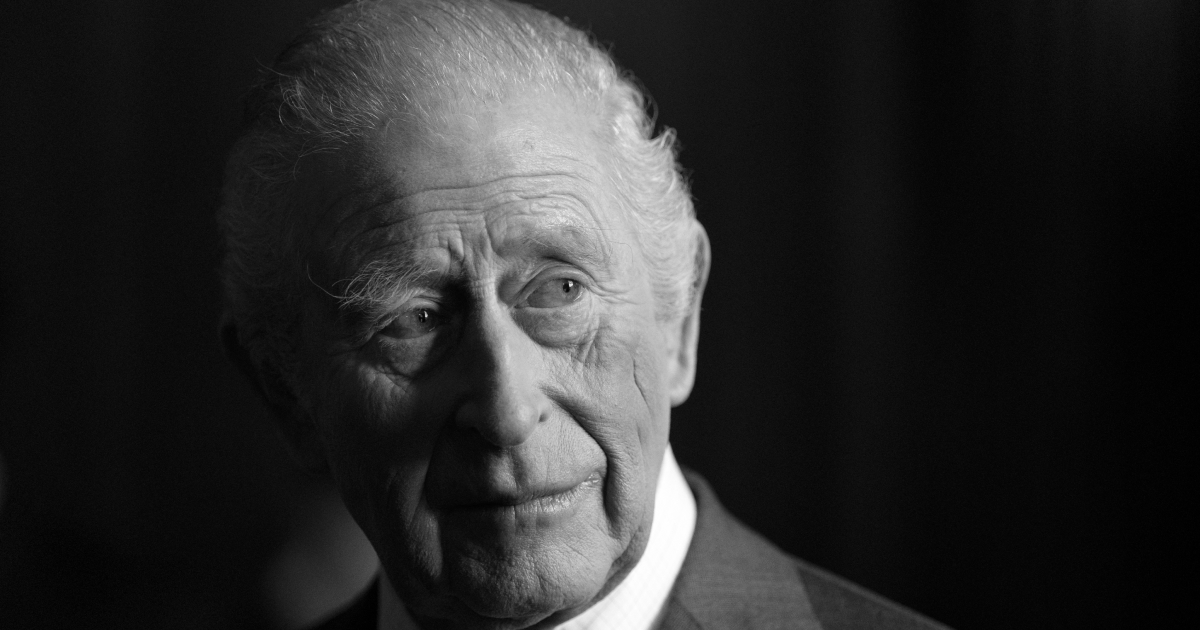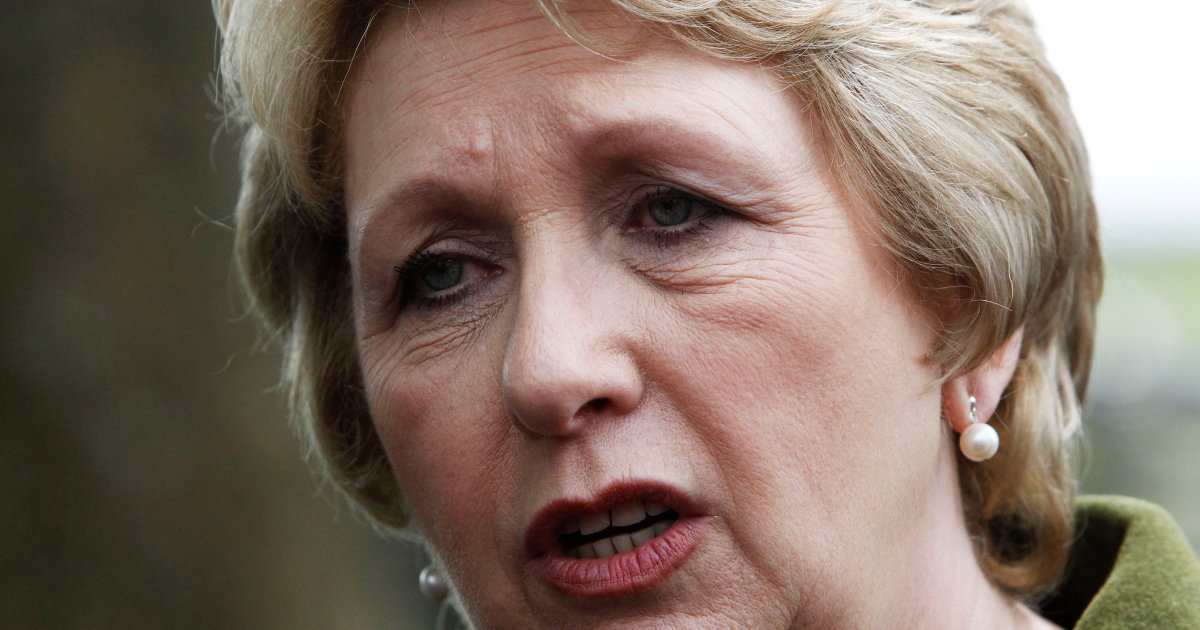When doctors enjoy killing their patients, and are legally permitted or even encouraged by the state to do so, is any person safe?
It is a fair question to ask. Firstly, because the Second Reading in the House of Lords of Labour MP Kim Leadbeater’s Terminally Ill Adults (End of Life) Bill will take place on September 12. If the Lords fail to defeat the Bill, for the first time in British history doctors may kill patients with impunity. It is also an important issue in the international context of the expansion of ‘assisted dying’ (a euphemism for assisted suicide or euthanasia), especially in Canada where a change in the law there in 2016 has today created a breed of doctors who not only enjoy killing but openly boast about it.
The mere comparison of Leadbeater’s Bill to Canada’s Medical Aid in Dying (MAiD) invariably invites howls of indignation from her supporters. This is because the former restricts killing to assisted suicide, in which consenting and terminally ill patients may poison themselves under medical supervision; the latter applies to a broad swathe of the population and ultimately involves a direct lethal injection by a doctor. In Canada, four drugs are used in this process: midazolam, a sedative; lidocaine, an anaesthetic; propofol, a coma-inducing agent; and finally rocuronium, a paralytic which causes cardiac arrest.
Yet such a comparison is relevant because MAiD was also subject to strict safeguards when it was first introduced. The law has since not so much evolved as descended the slippery slope faster than an Alpine ski racer. Change has come so quickly, in fact, that it took Canada just three years for euthanasia to account for three per cent of annual deaths compared with ultra-liberal Belgium, which took 20 years to reach the same rate. In some parts of Canada, such as Quebec, the euthanasia death rate has passed five per cent. Attendant horrors and abuses are recorded almost on a weekly basis, including quite recently on TCW by Sally Beck, but the juggernaut thunders along without the slightest modicum of political will to halt it.
From 2027, mental illness, for example, will alone be a criterion for euthanasia in Canada, opening the door to practically anything. Plans are under way for the law to be extended to children. Yet already, as this excellent piece in the September edition of The Atlantic demonstrates, euthanasia is offered to the elderly simply on the basis of ‘frailty’. Often authorities and insurers are open about their intentions to save money since killing disabled and sick people is always cheaper than caring for them.
It would be extremely naïve to imagine that something similar would not happen in the UK. For a start, scores of MPs who support Leadbeater have indicated publicly that they want very few, if any, safeguards, suggesting that such purported protections are really cosmetic, that they are window dressing to make the Bill palatable to waverers and the public. Equally insidious are the impact assessments produced by the Department of Health and Social Care and the Ministry of Justice which have noted the savings that stand to be made.
Clever Whitehall bean-counters have predicted that although it would cost millions of pounds to establish assisted suicide infrastructure, including bringing in a new quango, the Voluntary Assisted Dying Commission, about £90 million could nevertheless be saved in the first decade, with £59.6 million shaved off NHS expenditure and state pension payments reduced by £18.3 million.
Surely in this ice-cold logic there is more than a whiff of Dr Harold Shipman, who remarked to Pamela Turner that ‘the old are a drain on the health service’ before he murdered her mother, Edith Brady, one of his estimated 250 victims. The Leadbeater Bill is a charter for the likes of him and other doctors who would kill either from a distorted sense of moral purpose or for sheer pleasure – or both. Canada provides the evidence for this.
In her article for The Atlantic, Elaina Plott Calabro spoke to such medics. They included Gord Gubitz, a neurologist from Nova Scotia, who said killing his patients was ‘energising’ and the ‘most meaningful work’ of his career. Ellen Wiebe, a Vancouver abortionist, has killed 430 adult patients in the last nine years of what she describes as a ‘human-rights-focused’ career. Dr Wiebe is the ‘go-to’ medic for doctor shoppers, those whose applications for euthanasia have been rejected by more conscientious practitioners. One such applicant was a 53-year-old woman in Alberta distressed by side effects of withdrawing from an antipsychotic drug prescribed for sleep. The woman had complained of akathisia, an inner restlessness and an inability to keep still. Dr Wiebe arranged to give her a lethal jab, but the woman’s husband objected and successfully applied to a judge to prevent the killing in an extremely rare case of Canada’s so-called safeguards preventing anything.
Dr Wiebe must have been shocked because for years she has been among those Canadian doctors who act and speak as if they are utterly beyond reproach for taking human lives. She once appeared on film with fellow euthanasia provider Dr Stefanie Green to gush about killing patients as ‘the most rewarding work we’ve ever done’.
Dr Green similarly has an ability to shock. Previously she has admitted to wondering what her friends and family would think if they knew that killing her patients made her ‘feel really great’, and on this occasion she explains why she refers to euthanasia deaths as ‘deliveries’.
‘Well, one is like delivering life into the world,’ she says, ‘and the other feels like transitioning and delivering life out.’
Harold Shipman was the UK’s most prolific serial killer. Surely the British, of all people, are in a position to learn from the recent past. We don’t have to live the Canadian nightmare to understand that giving the doctors the power to kill will ensure the inevitable rise of the psycho-medic.
This article appeared in The Conservative Woman: Defending Freedom and is republished by kind permission.
Simon Caldwell is a freelance journalist and author of The Beast of Bethulia Park and Lady Mabel’s Gold, both published by Gracewing.





.png)











